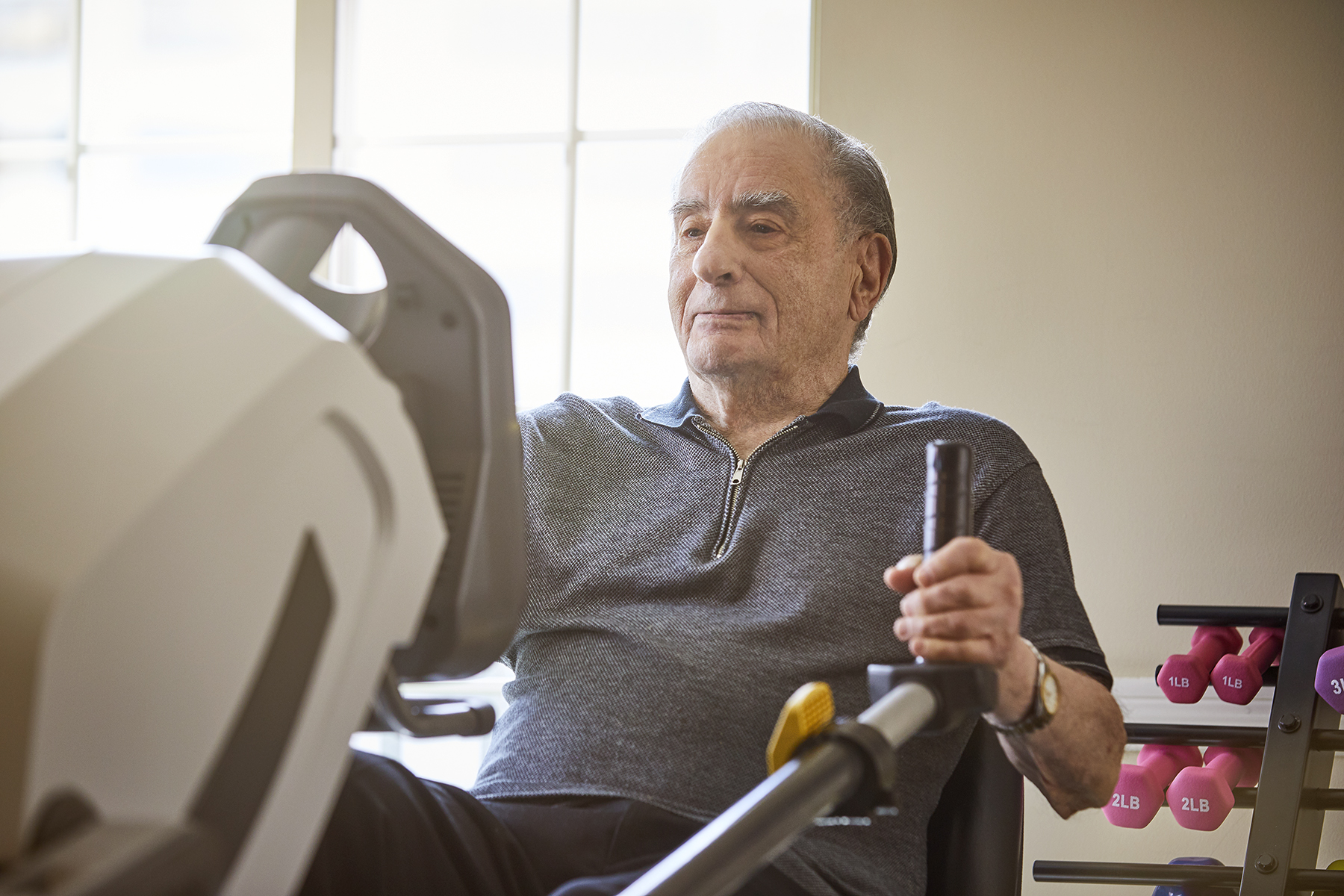Age-related heart changes
The heart is an amazing organ that circulates blood and infuses our entire body and organs with vital oxygen and nutrients. Aging can cause changes in the heart and blood vessels, including arteriosclerosis (hardening of the arteries) and arrhythmias (rhythm disorders). As we age, blood vessels in the heart can become diseased and cause heart attacks. Over time, plaque caused by fat and cholesterol buildup in the blood vessels can harden and limit the flow of vital nutrient- and oxygen-rich blood to your body. This can cause many health issues, including high blood pressure, heart failure, heart attacks and strokes. High risk factors include tobacco use, diabetes and a sedentary lifestyle.
Symptoms of heart disease
In addition, aging can affect the electrical system of the heart. Bradycardia, or a slow pulse of less than 60 beats per minute, can be a serious problem if the heart doesn’t pump enough oxygen-rich blood to the body. In certain circumstances, it may require a pacemaker to maintain an appropriate heart rate. Tachycardia, a heart rate of more than 100 beats per minute, can lead to serious complications such as heart failure or stroke. Symptoms of heart arrhythmias can include:
- Fainting
- Dizziness
- Weakness
- Feeling light headed
- Fatigue
- Shortness of breath
- Racing heartbeat
- Chest pains
- Confusion/forgetfulness
- Feeling tired during physical activity
If you’re at home and you feel like you may be having a heart attack, one of the most important things you can do to take is to chew an aspirin. Chewing the aspirin allows the active ingredient to get it into your system more rapidly—inhibiting platelets and blood clots. This intervention can be lifesaving while waiting for medical care to arrive.
Heart disease treatment and care
Treatment for cardiovascular disease can include lifestyle changes, medications and medical procedures (e.g., coronary stents or bypass surgery).
Diet plays a vital role in heart health and can impact your risk of heart disease. A heart-healthy diet consists of low-fat, low-sodium foods. In addition, the Mediterranean diet and intermittent fasting have been medically proven to reduce the risk of heart disease.
Healthcare professionals also recommend getting at least 30 minutes of moderate exercise five to six days a week. The target heart rate varies with your age. For example, someone in their 60s should aim for a heart rate of 110 to 120 beats per minute. For an 85 year old, the target heart rate is 100 to 105 beats per minute.
Some other heart-healthy lifestyle changes include:
- Eating low-fat foods and healthy fats
- Reducing salt intake
- Controlling portion sizes
- Limiting desserts
- Quitting smoking
- Reducing stress
Belmont Village’s award-winning Whole Brain Fitness program supports successful aging through heart-healthy nutrition and personalized exercise programs.

